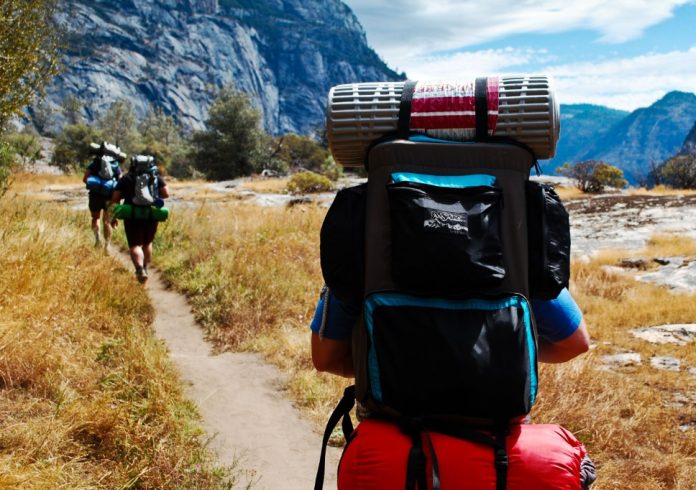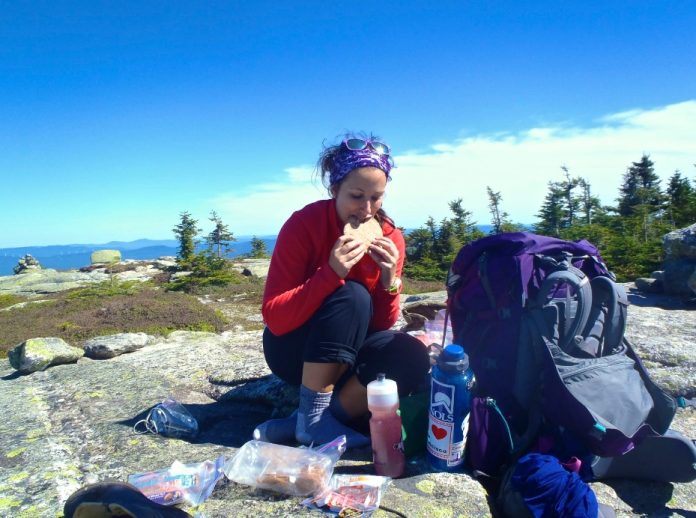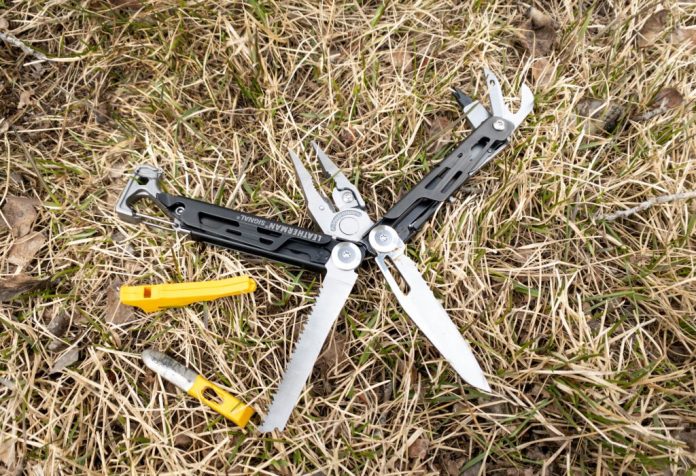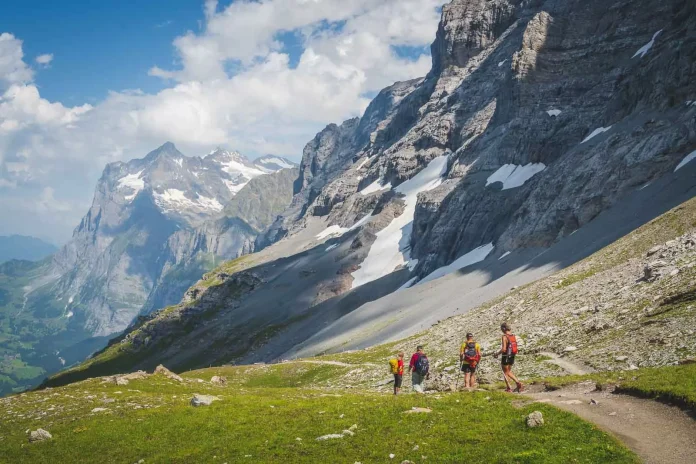If you have ever suffered through a hike with a pack stuffed with too much gear, you know how each step can feel like a hundred. Worse than that, every hill feels like you’re climbing Mount Everest. Newbies and pros often mistake “being prepared” to mean needing “everything but the kitchen sink,” which can lead to hauling around a bunch of stuff you do not need.
Packing efficiently for your next hike may be far easier than you think.
1. Redistribute your existing weight

Hikers often shove all they can into one pack and take off, but there are options that, while not reducing the overall weight of a hiking kit, can redistribute the weight to make it easier to carry.
In addition to a backpack, you could try using a side pack, like the ones they offer at Self Reliance Outfitters (www.selfrelianceoutfitters.com/collections/molle-bags). Side packs can help redistribute your weight to make your load easier to carry.
2. Use cargo pants
Sure, you will look like your father. Your fellow hikers will probably mock you. Your father may even want a hug, but you will be more comfortable and have the stuff you need most at your fingertips. Pack any equipment that can fit in a side pocket in your pants, and you will have it quickly while helping a little to distribute your weight more evenly.
3. Strip down cookware
Hikers often carry what amounts to a mini kitchen and all their other gear, which is fantastic for all those gourmet meals made on the trail that you see in magazines but not good for much else. Most hikers do not use multiple pans, separate dishes, cooking utensils, etc.
By eliminating them, you can quickly streamline your cookware to something manageable. Here are a few tips to help you do that:
- Limit yourself to one pot and one frying pan
- Use multi-use eating utensils
- Carry one ultra-light mug and bowl and use them multiple times during the day
- Limit any spices to just one salt and pepper shaker
4. Pack only essential food

One way to reduce weight and space for a hike is to pack foods made to travel. Eat protein bars for two of three meals a day, pack dried foods like fruits or jerky for snacks, and limit yourself to one full meal every three days. You may not eat as you do at home, but you can save a tone of space without sacrificing nutrition.
5. Make a list
The best step to take pre-trip is to list everything you think you might need. A list gives you an idea of your start weight heading out. You also will discover ways to economize using the stuff you want to bring. The smaller you can work that list down, the easier it will be to set up a pack filled just with essentials but not too heavy or bulky.
6. Map out the trip
You are following a set trail, but that does not mean you know all you need to about that trail. Pinpoint water stations or trail areas near civilization if an emergency run becomes necessary. Make your waypoints locations that can serve more than just one purpose (water and camping, food and water, etc.)
Planning your trip based on your trail can quickly help to eliminate what you do not need. For instance, you might not need to carry in all the water you will need for the trip from the beginning of the hike. You may be able to replenish necessities at a local town close to the trail you are hiking if you travel a long distance.
7. Multi-tools and multi-purpose items are your friends

It is almost a given that you have some multi-tool hanging out with your hiking gear. If you do not, invest in one. You will be amazed at how useful one multi-tool can be on a hiking or camping trip.
The same goes for using multi-purpose items. Put your water purification pills inside a container you use to mix foods. Mix your salt and pepper into one container. Use a bandana to protect yourself from the sun, bugs, and cold, and use it as a towel or rag while camping. The possibilities for “bundling” hiking items are only up to your creativity.
8. Eliminate “junk”
Modern hiking has a prerequisite (almost) that you will have items in your gear that are cool gadgets and functionally useless on the trail. For example, you might not need a dinnerware set with multiple pots and pans. Having a first aid kit that will let you perform heart surgery is fantastic, but do you need it for that day hike?
Try carrying one knife for general purposes and another for preparing meals and make them size appropriate. A machete might make you feel like an adventurer, but do you need it if you follow a set trail?
Reduce your nonessential, everyday carry items. Slim your wallet to your ID, contact information, credit or debit card, and a little cash. Only carry keys you will use on your trip. Carry one lightweight compass instead of that multi-function directional tool. Eliminate any extra clothing you will probably not wear. Ditch the tarps for your tent if you are only gone one night and check out a local camping store for alternative sleeping bag options.
To cut out multiple forks and spoons, you can try packing one spork per person in your group. Every bit you can get rid of will help you reduce your weight and make your pack easier to carry and easier on your body.

Final thoughts
Hiking can be one of the most rewarding activities you will ever do, and it can be one of the most annoying, borderline excruciating if you pack too much gear or it does not carry easily. When you agree to go on a trip, you should always consider ways to reduce your pack weight and space. If you follow these tips, you will guarantee yourself a pretty good head start.






